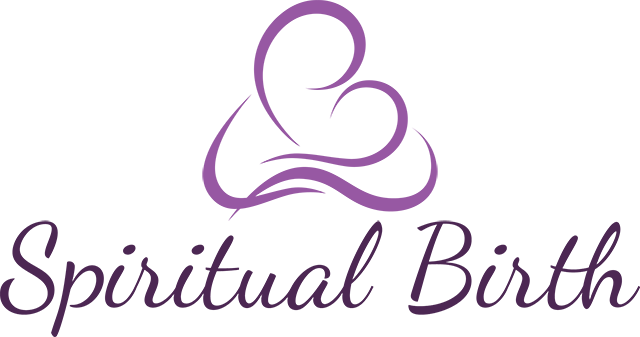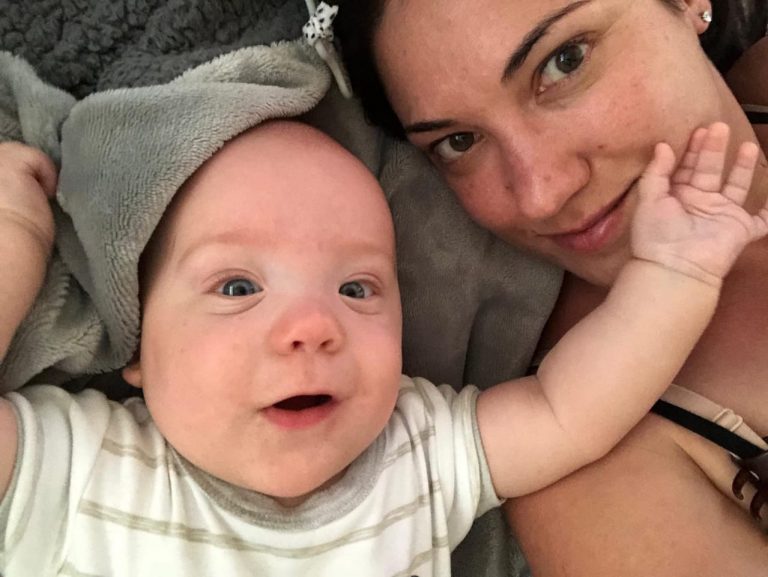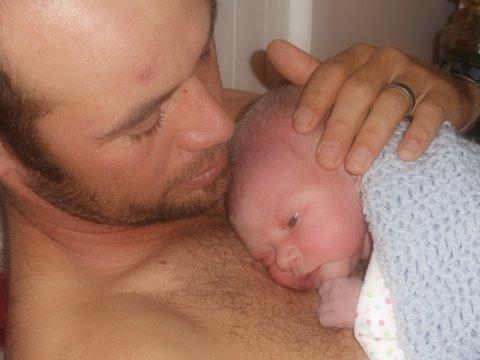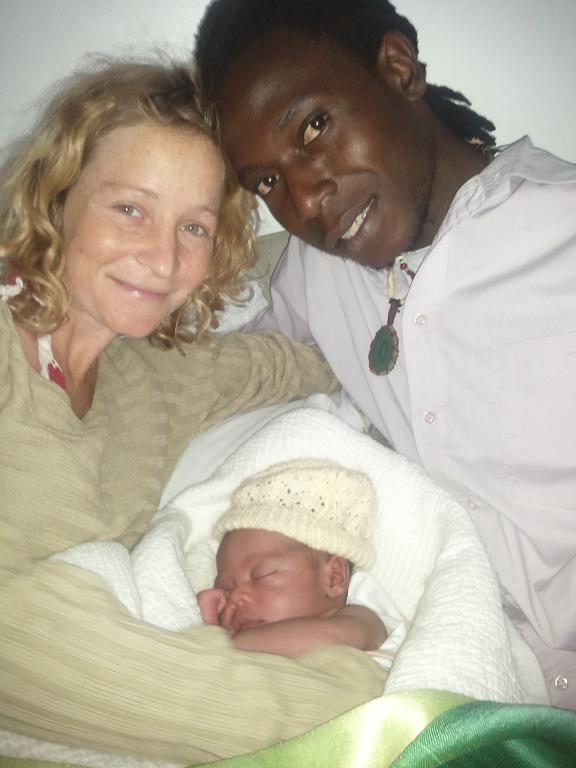Newborn babies are unique and it is easy to meet their needs when you understand what those needs are. Listening to babies and understanding them takes time and practice, especially when you are a first time mother.
Tag: Love
Molecules of Love
It is possible to create receptivity to oxytocin during sensitive periods of life. A baby is particularly sensitive to neural development during pregnancy, before and after birth and in early childhood. By increasing loving social interactions we prime our babies and children to behave in loving and co-operative ways.
Foetus Ejection Reflex and Fathers
The foetus ejection reflex is a term rescued from obscurity in the work of biologist Niles Newton by Dr Michel Odent. It refers to the reflex that mice and all animals have when they give birth to their offspring in a secluded environment. Mammals need to release a flow of hormones, particularly oxytocin, to initiate …
The Travelling Midwife: Understanding my Father
I heard him shuffle slowly slowly down the passage and imagined him pushing his walking frame inch by inch. The sound of his slippers on the tiles was like a lake lapping on the shore on a windless day. As he gradually appeared in the doorway, I rose to greet him and his face lit …
The Travelling Midwife: The Imprints of Medicalized Childbirth
The early morning frost singed my fingers and toes during feeding time and as the day warmed up, we all thawed out in the midday sun. Safely ensconced at my mother’s Kwazulunatal ‘Horselovers Haven’, I was blissfully spending time in the herd, lying down with my horse in the grass and playing with him while …
How Brain Behaviour Works from Conception to Adulthood – Part 1
The forces and feelings driving our behaviour are located largely in three different brain systems or three levels of consciousness, namely: the brainstem or 1st level of consciousness, the limbic system or the 2nd level of consciousness and the cortex or 3rd level of consciousness. The brain is also divided into two hemispheres which serve different functions.
Why Natural Birth?
I see clients, on a weekly basis, imploring me to help them have a natural birth after one, two and sometimes even three caesarian births. They speak about the nagging sense of loss, the feelings of failure, the terrible pain afterwards, the struggle to hold and feed their babies, the depression that lasts for months. I have women who come to me in Cape Town from as far afield as Limpopo and Namibia, because they have heard that there is a midwife and a doctor in Cape Town who will help them give natural birth. When I ask them why they want natural birth so badly, they tell me various themes.







